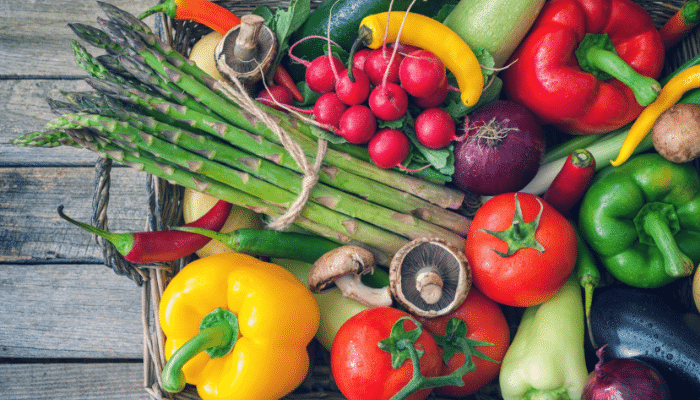The
2018 RASFF annual report for food and feed products has just been published.
In 2018, 3,699 notifications were transmitted through the RASFF portal, including 1,118 alert notifications, 493 follow-up notifications, 675 information notifications and 1,401 border rejection notifications.
Compared to 2017, the number of alert notifications involving a serious health risk has increased by 19%.
HUMAN FOOD
Pathogenic Microorganisms :
492 notifications have been reported concerning pathogenic micro-organisms, mainly on products of animal origin. This represents an increase of 19% compared to 2017.
Salmonella is the most frequently reported pathogen in foodstuffs from EU Member States (246 notifications, up 19%).
Contamination by Listeria monocytogenes is mainly found in food of animal origin. Nevertheless, the main outbreak in several food-borne countries linked to frozen maize in 2018 recalled that Listeria contamination could be possible in other foods, particularly in foods that are not heat-treated before consumption. Recurrent notifications have identified the presence of Listeria in cheeses made from raw milk from France.
Concerning noroviruses, 47 notifications were notified mainly on live oysters but also in different types of berries.
28 notifications related to Escherichia coli shigatoxin producer were issued. This contamination was found in meat products without heat treatment and cheese.
Allergens :
149 notifications were issued. They are up 31%.
Milk, gluten and nuts are the most frequently reported allergens and ready meals and snacks are the most frequently reported.
Very often, traces of allergens are reported in food due to cross-contamination, for example on the same production lines as other products containing allergens. This presence of allergens is not regulated at EU level.
Mycotoxins :
569 notifications were issued.
Aflatoxins are the most commonly reported mycotoxins in 2018 on hazelnuts, nut products and seeds from Argentina, Turkey and the USA.
With 33 notifications, the number of ochratoxins A in Turkish dried grapes has increased significantly. Other notifications mainly concerned dried figs also from Turkey.
Pesticides :
237 pesticide notifications were issued in 2018. They are up 27%.
The most frequent notifications concerned sweet peppers and



